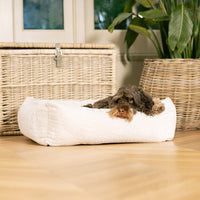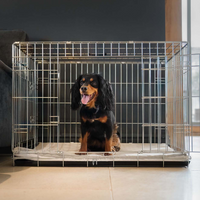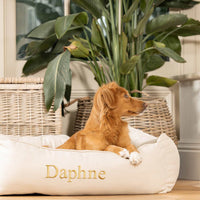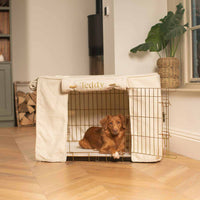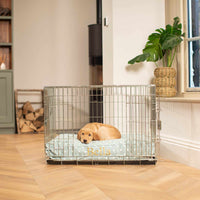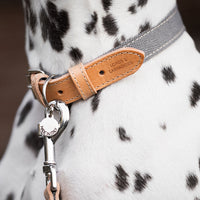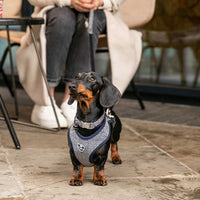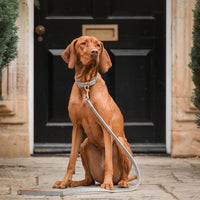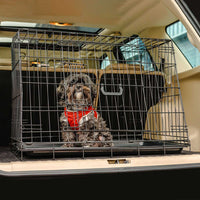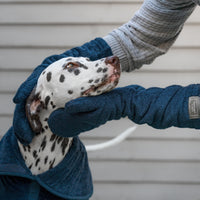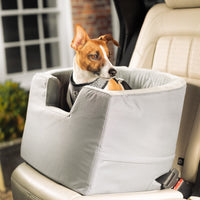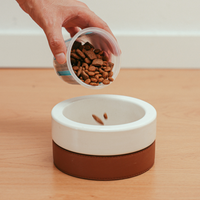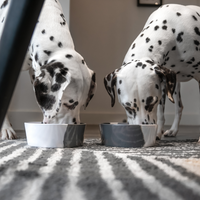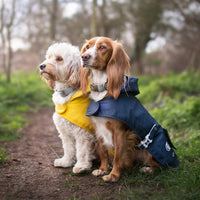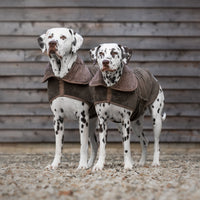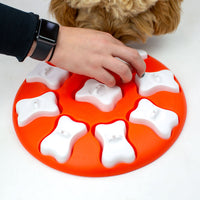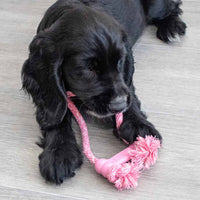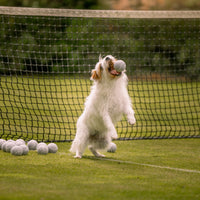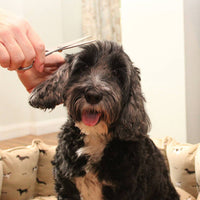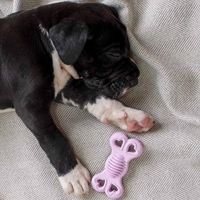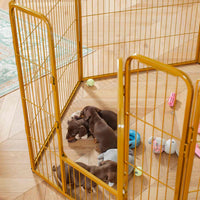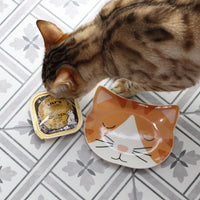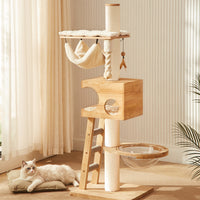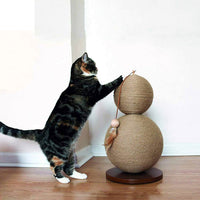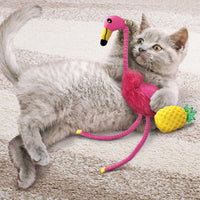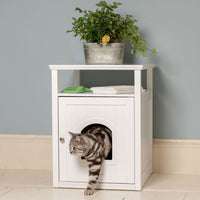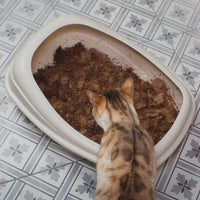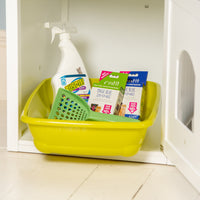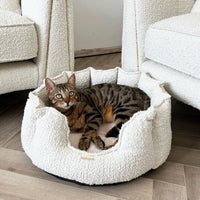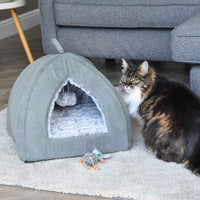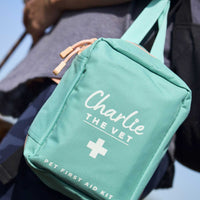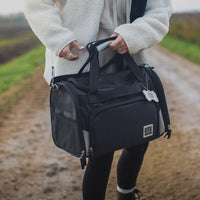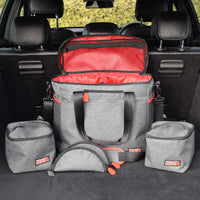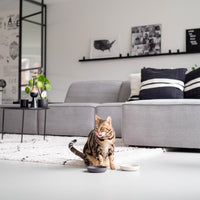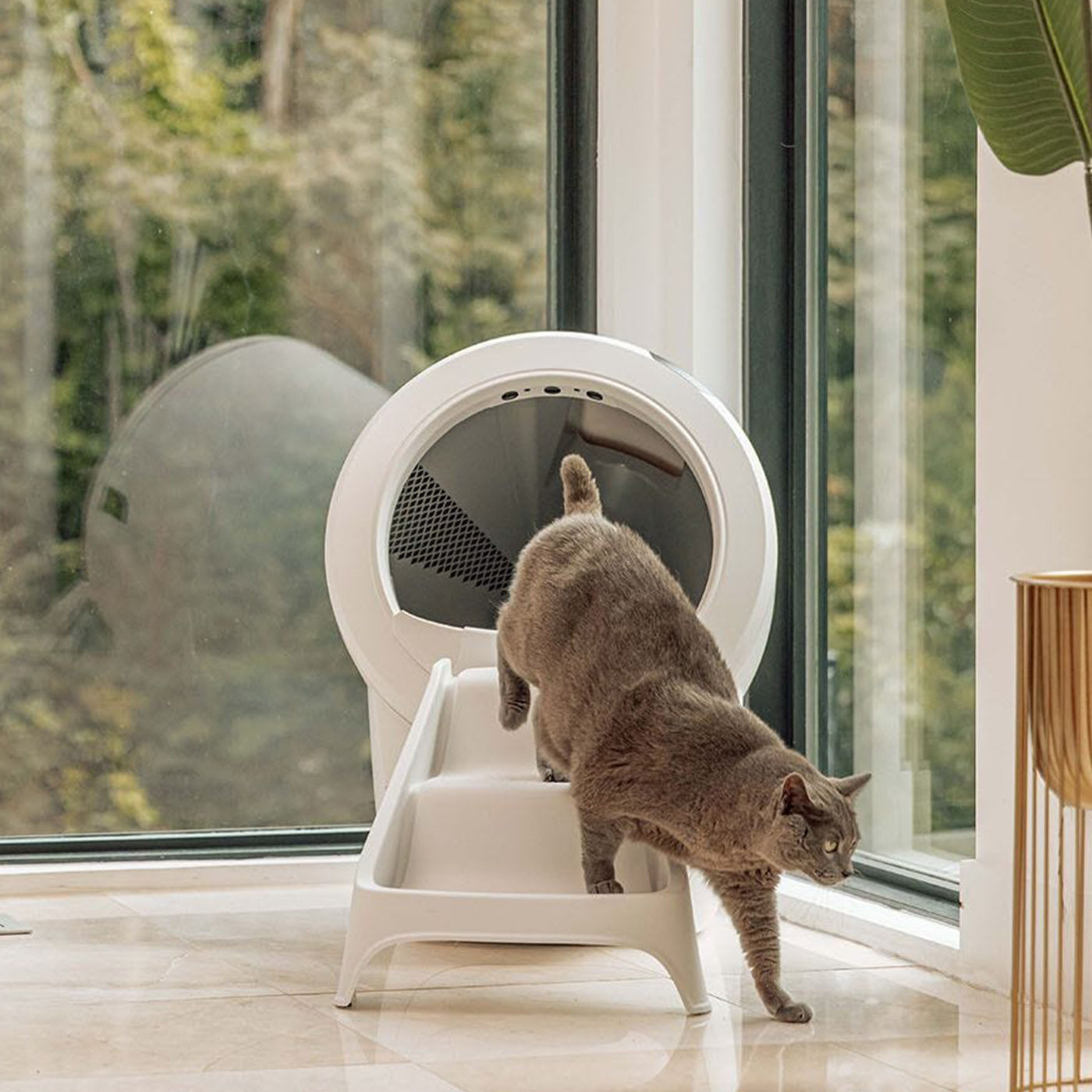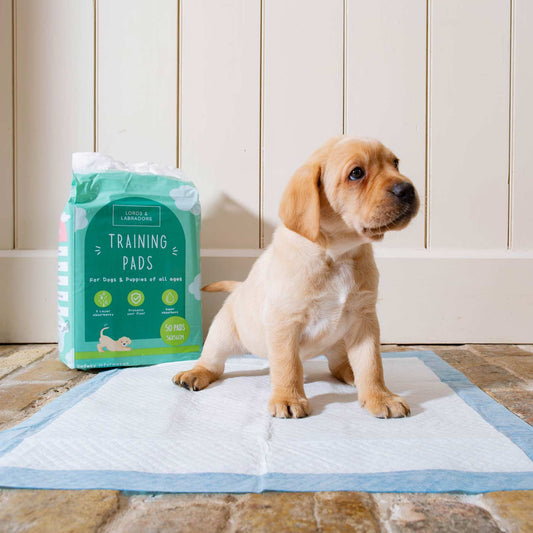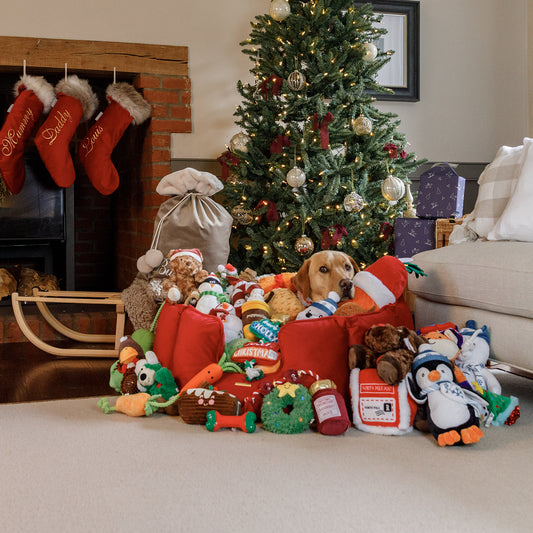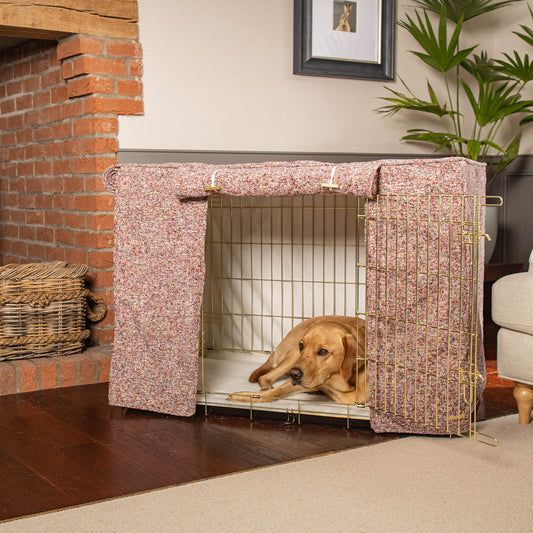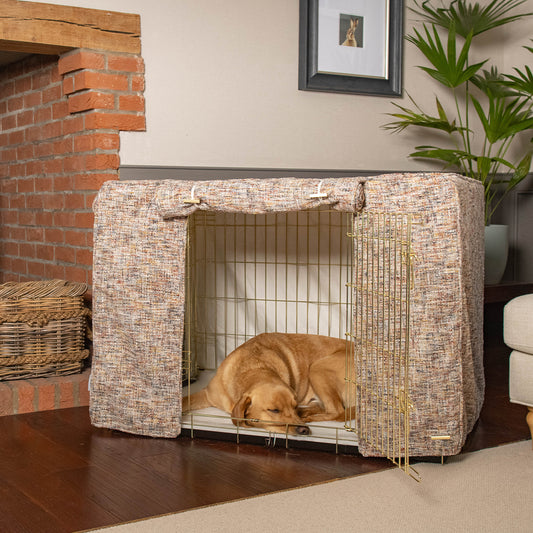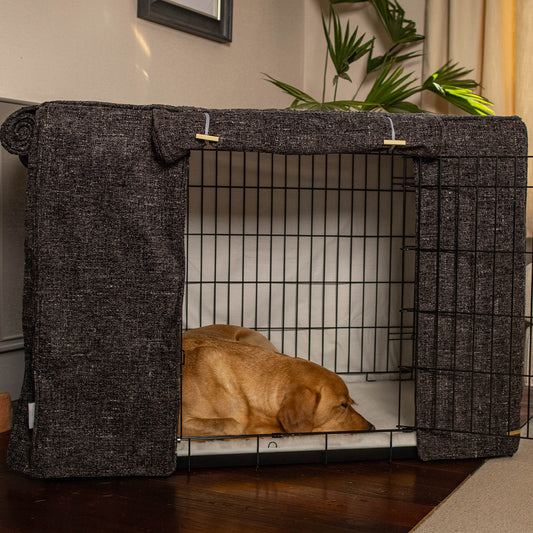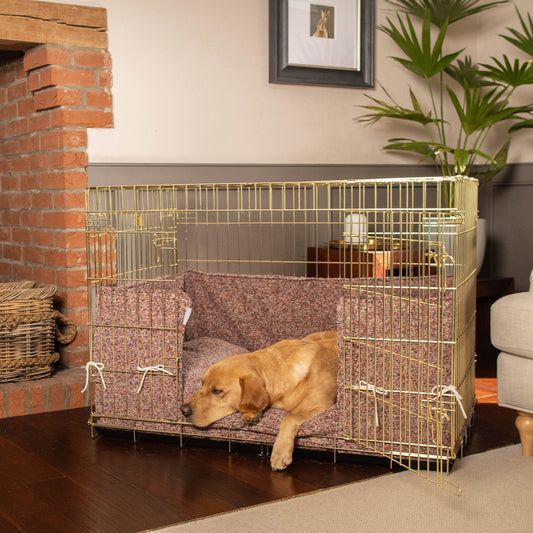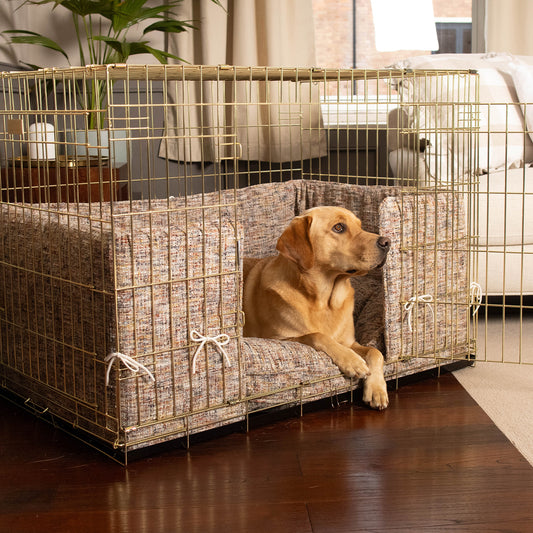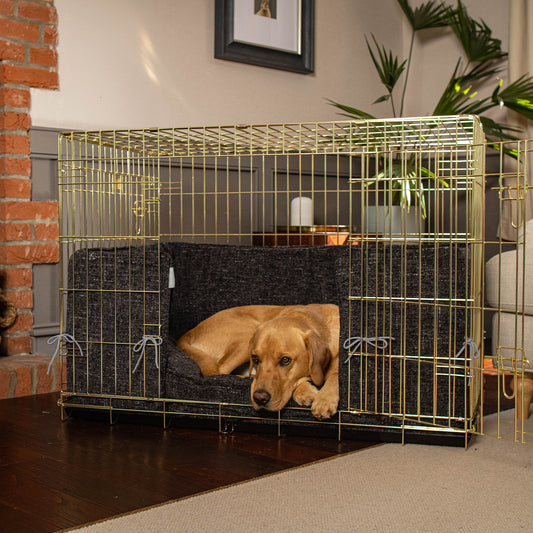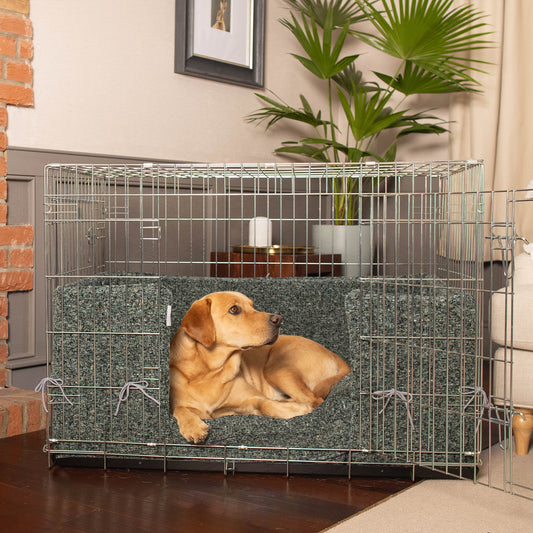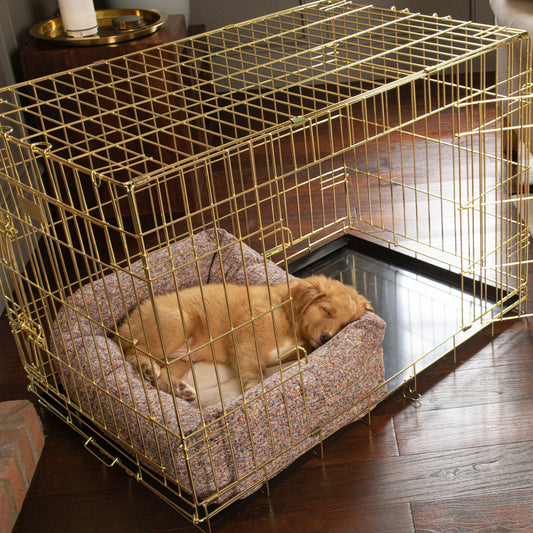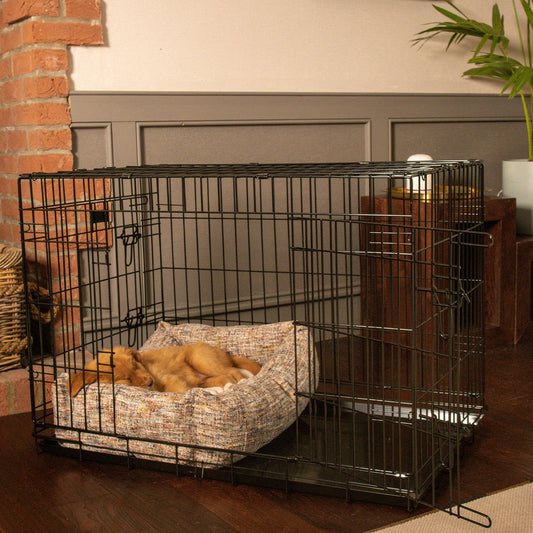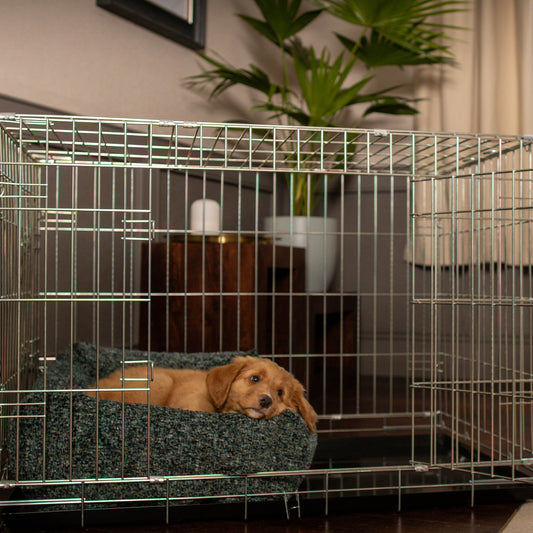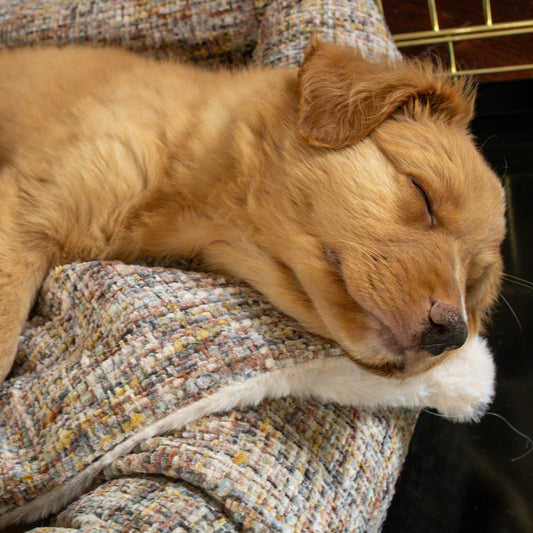January is National Train Your Dog Month; the month when dog owners, trainers and pet experts join forces to celebrate all things canine by sharing what they know. It’s the perfect time for new puppy owners to gain lots of valuable information and top tips.
Training isn’t just for new puppies though, but is for dogs of all ages. You may have adopted an adult dog and need to help them settle in to their new home and routine. Training will help to do both of these things.
Here we take a closer look at what National Train Your Dog Month is and how you can get involved. We will also share a couple of past articles that you may find helpful with your dog training journey!
What is National Train Your Dog Month?
National Train Your Dog Month was first set up by The Association of Pet Dog Trainers to promote positive methods of training your dog. The month of January was chosen, as many dogs are adopted during this time of year. Training your puppy or dog is an important part of their development and will help them to socialise and settle them in to their new home easily. Unfortunately, many dogs end up in shelters due to lack of good training. This month is all about promoting positive training methods, to help prevent unnecessary rehoming. Having the right resources on hand is key to getting your training regime just right.
How To Train Your Dog or Puppy

We wrote a really handy guide on How To Train Your Puppy in which we talked about key training fields: sitting, training to stay and how to stop biting. Along with house training and crate training, these are some of the most important things to consider which will help to give your dog good manners and help with obedience. We’d suggest reading the full article to learn some effective ways to teach these to your puppy.
To go along with the article we've listed some handy 'do’s' and 'don’ts', that will help you with the training process.
Do’s For Training Your Dog
- Do: know your dog’s natural instincts and work with them rather than against them. Try not to confuse your dog or end up teasing them.
- Do: be consistent with rewards. Try to ensure that you only give your dog their reward once a task is completed.
- Do: be patient - training takes time and perseverance. Don’t forget that your dog may not understand the command straight away. But stick with it, they will learn eventually.
- Do: teach your dog one command at a time. Don’t mix things up as they may get confused!
- Do: try commands in different locations. Once your dog has mastered a command at home, it’s time to try it in different settings such as in a crowd or on a busy street.
Don’ts For Training Your Dog
- Don’t: scold your dog or use their name in a negative way. You don’t want them to associate their name with something negative.
- Don’t: give any treats before they have completed a task.
- Don’t: reward your dog or give too much attention if they behave badly.
- Don’t: ever hit your dog.
- Don’t: keep repeating a command and let him ignore it until you stop.
Find a Professional Dog Trainer
If you think you’d like some help with your pup’s training, you might like to consider finding a professional dog trainer. A professional trainer will give you lots of guidance and tips to ensure you are using best practices when it comes to teaching your dog. If you are trying to find a suitable trainer in your area, make sure you check the Animal Behaviour & Training Council (ABTC) as recommended by the RSPCA. The ABTC is a charity dedicated to the welfare of animals and pets undergoing training and provide a list of dog trainers with a search function allowing you to find trainers in specific areas.
If you are going to go down the trainer route, it is important that you find one with appropriate skills and training methods. Some training methods are not good for your dog and can lead to behavioural issues - so make sure you do some research first and select a good trainer. If you are thinking of trying a class, perhaps ask if you can observe before taking your pup along. You should be able to judge what the trainer is like and that the class covers the things that you need.
Training Time is Bonding Time

Don’t forget, training isn’t only about teaching, but can also provide a lot of fun for both you and your dog. Just like humans, dogs love mental stimulation. Training gives them a chance to learn and use their brain whilst having fun at the same. They will also love the opportunity to spend valuable time with you. Dogs have long been known as “man’s best friend” and training is just one more opportunity to build a solid lasting friendship!
Dog Training Products and Accessories
At lords & Labradors we have a great range of products that will help you on your dog training journey. We have dog training treats, walking accessories, chew toys and crate training products suitable for every pup. Whatever it is that you want to teach your dog next, you will find all the products that you will need here in our shop.


